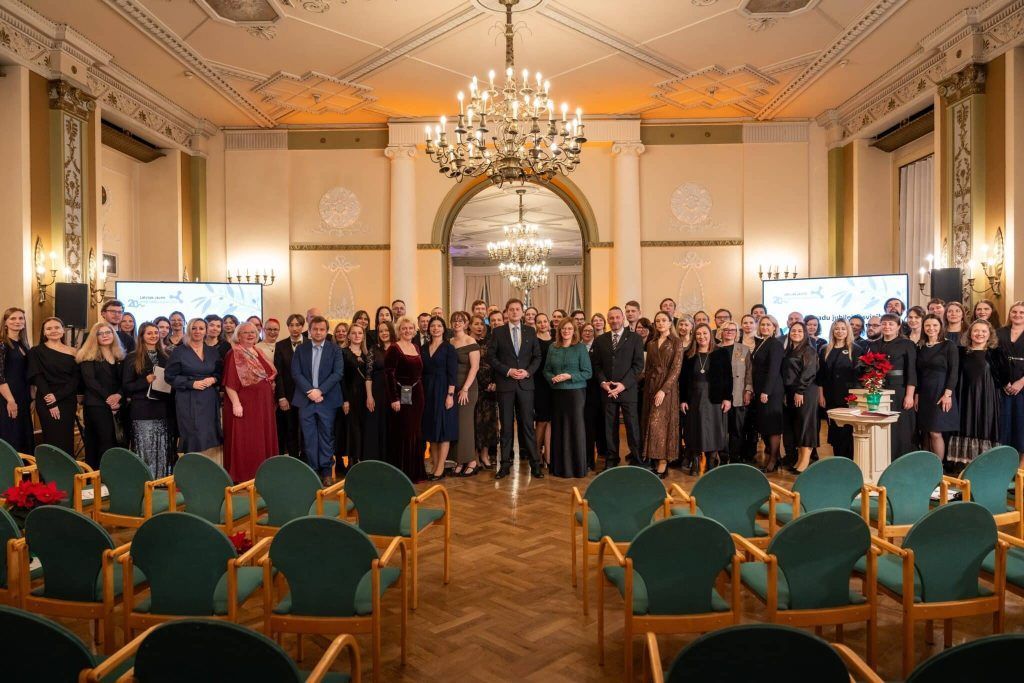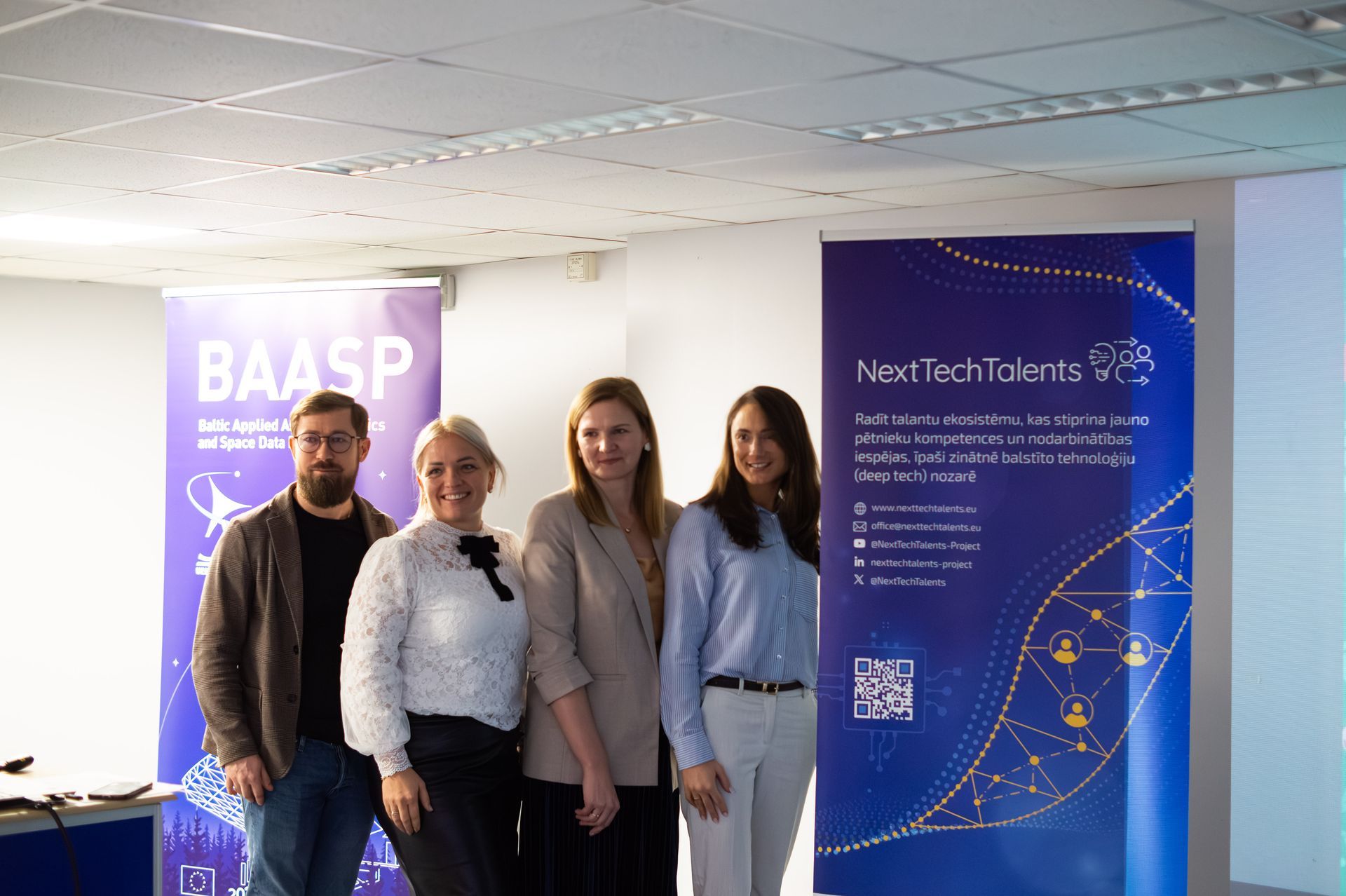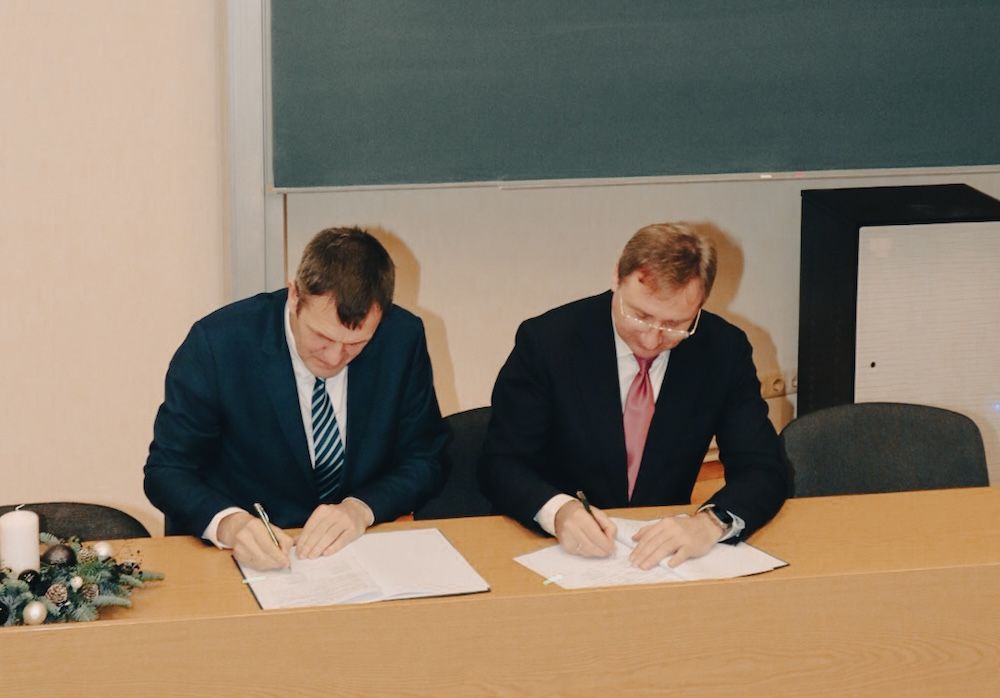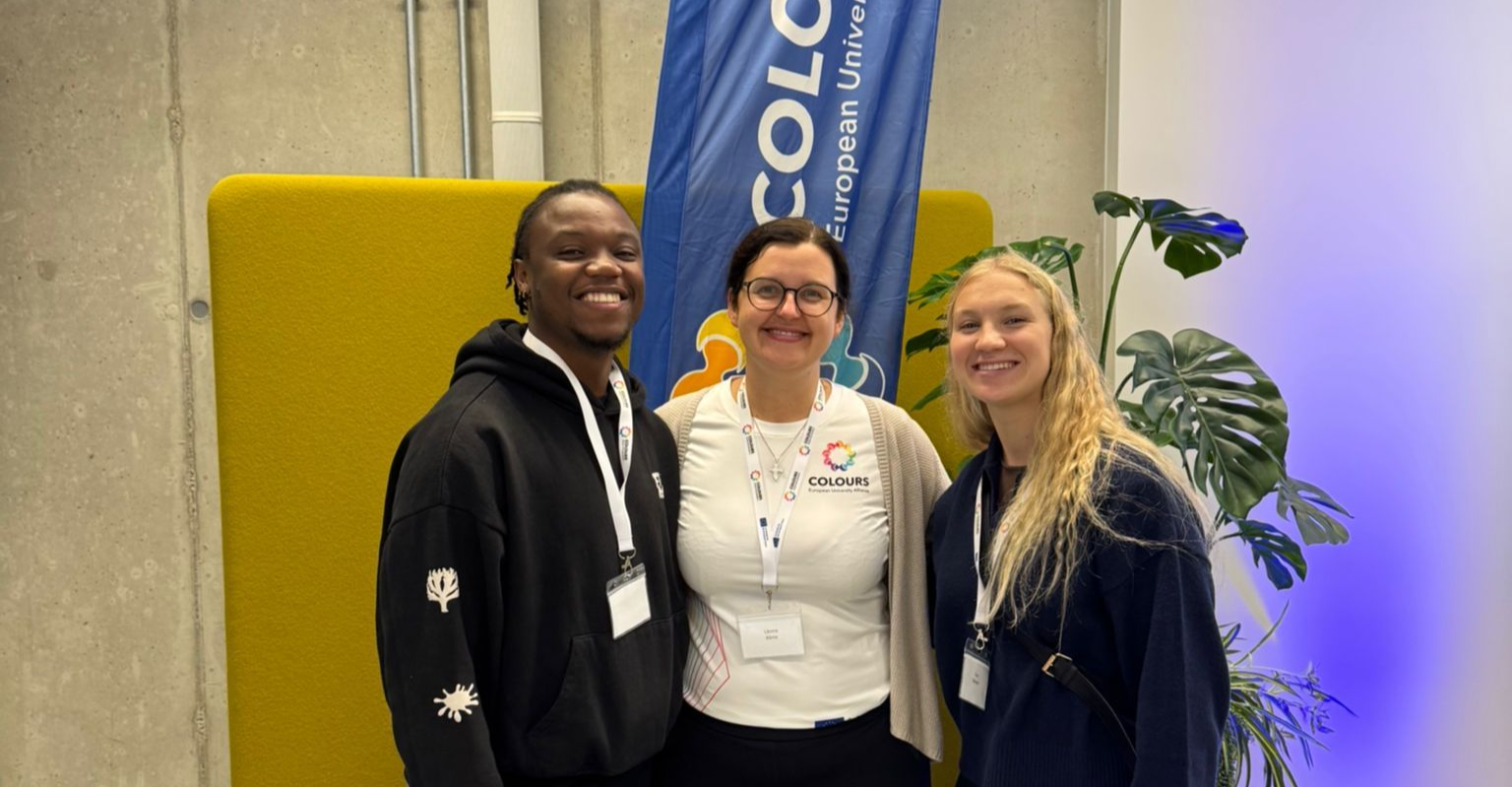Field of Social Sciences
The research in Social sciences is conducted by the Faculty of Economics and Management (FEM), one of the three faculties of VUAS.
VUAS is a regional university where most of the students come from the region and most of the graduates stay in the region becoming the drivers of regional development. Therefore, there is a very strong regional connection of research areas of FEM. Four main areas and foci of FEM performed research are innovation, entrepreneurship, regional economy and economics.
Main areas of research
Innovation
This is one of the leading research directions of FEM. The focus lies on the implementation of innovations in the region's enterprises and the design and development of regional innovation systems. Of high relevance are studies on the presence of high-tech, medium-high-tech and knowledge-intensive service enterprises in the region and their impact on the region's entrepreneurship and economic development. This direction is closely linked to two other directions, entrepreneurship and regional economy.
Entrepreneurship
This direction is strongly integrated in the study process and research activities. Main research results were carried out in topics related to comparative analysis of students’ entrepreneurial intentions in Latvia and other CEE countries, paperless management, green entrepreneurship development, customer decision making, circular economy strategies, learning organizations theories, eco management, importance of innovations for entrepreneurship development, business education excellence.
Regional economy
This direction is closely interconnected with the innovation and entrepreneurship research fields. The main focus of research activity is on the regional economy of the Kurzeme region and systemic approach of regional economy impact on national economy development. Research addresses such topics of regional economy as investment of development of environmental economics, innovations and innovation activities for entrepreneurship development in region, strategy for retaining graduates and its impact on regional development.
Economics
The research in this direction is carried out in four subfields of macroeconomics, finance, education management, and sustainability. The role of fundamental research of FEM is mostly related to economics and includes the development and application of mathematical models for forecasting economic development and financial aspects, input-output analysis and other methods of economic forecasting.
The scientific activity of FEM is of both fundamental and applied nature. It confirms the importance of both the creation of new knowledge and its practical application. Most of the fundamental studies are carried out in the field of economics, while the studies in other fields are more of applied nature.
The doctoral programme, the implementation of the new doctoral model and the presence of a Doctoral School have a significant impact on the development of science at the Faculty. A large part of the Faculty's academic and research staff is involved in the doctoral programme: professors, doctoral students. All PhD students after graduation and obtaining scientific degree have continued their work at the faculty.
FEM actively involves students in its research activities, including doctoral candidates, fostering the integration of academic study with practical research experience.
Events and Highlights
The following overview highlights the key events and accomplishments of VUAS in recent years, showcasing its dynamic involvement in academic, research, entrepreneurial, and international initiatives. From successful Erasmus+ projects and student hackathons to international collaborations and innovation forums, the university continues to play a pivotal role in promoting excellence in higher education and fostering a vibrant, forward-thinking academic community. In addition, VUAS actively engages with the wider public through initiatives such as the European Researchers’ Night and outreach programs for school students, including the “Ventspils Young Entrepreneurs School,” strengthening its role as a center for knowledge and community development.







